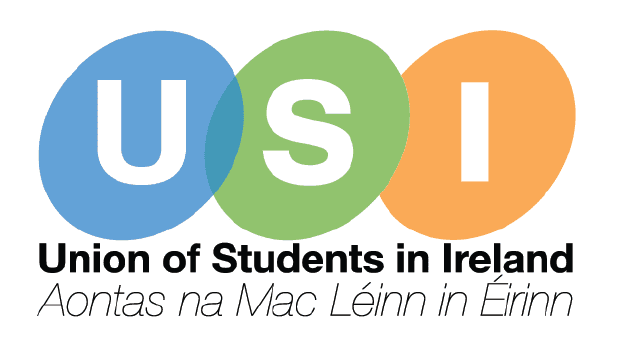[…]and the rest of Europe, companies must prove substances are safe before they are brought to market whereas in America, substances can be used until they are proven to be unsafe.” 99% of the substances banned by the EU are still legal in the US. The EU has banned over 1,200 substances in cosmetic sales, but the US has only banned 12. In terms of privacy, the Anti-Counterfeiting Trade Agreement was rejected by the European Parliament in 2012 because it was seen to infringe on people’s right to privacy by requiring internet service providers to monitor their customer’s online activity. […]
[…]and the rest of Europe, companies must prove substances are safe before they are brought to market whereas in America, substances can be used until they are proven to be unsafe.” 99% of the substances banned by the EU are still legal in the US. The EU has banned over 1,200 substances in cosmetic sales, but the US has only banned 12. In terms of privacy, the Anti-Counterfeiting Trade Agreement was rejected by the European Parliament in 2012 because it was seen to infringe on people’s right to privacy by requiring internet service providers to monitor their customer’s online activity. […]
[…]pushing the best and brightest to emigrate. USI fears graduates would be pushed out of the housing market as evidence from New Zealand shows that 51% of banks that received applications from clients with student debt had indicated that student loans were the contributing factor in rejecting finance – with 34% of those likely to be rejected being mortgages. The demonstration is supported by members of the Coalition for Publicly Funded Higher Education including the Irish Second Level Students’ Union, SIPTU, IMPACT, TUI, IFUT and the National Youth Council of Ireland. USI is campaigning for the Government to rule out […]
[…]employees are represented by a legally recognised union, we are committed to establishing a constructive dialogue with their freely chosen representatives. The company is committed to bargaining in good faith with such representatives.’ The company are clearly in breach of their own human rights policy by failing to engage in collective bargaining with SIPTU and its members. There has been serious escalations in Trade Union activity due to the blocking of unionising rights for workers in both the Ballina Breweries and in the UK. On the 12th of March, National Union of Students in the UK (NUS UK) wrote to […]
[…]and those responsible must now ensure that it is our most vulnerable who are the first to see the fruits of our recovery. No party who has served in government in the last generation can abdicate responsibility for the situation we are now in. However young people and students are not interested in political point scoring and the tit-for-tat remarks that dominate our political conversations. Young people want candidates and political parties to demonstrate kind of leadership that befits the positions they seek and to map out a clear path to strong, sustainable future. The Union of Students in Ireland […]
